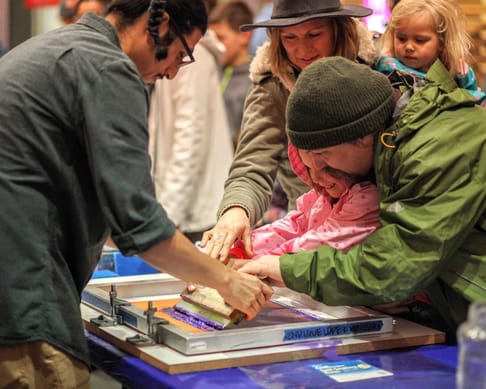The Archives at the Santa Cruz Museum of Art & History
The MAH maintains a permanent collection and archives of contemporary art and historical artifacts, and actively works to make these assets more accessible to visitors. The MAH hosts Open Archives each Thursday from 12pm–4pm.
